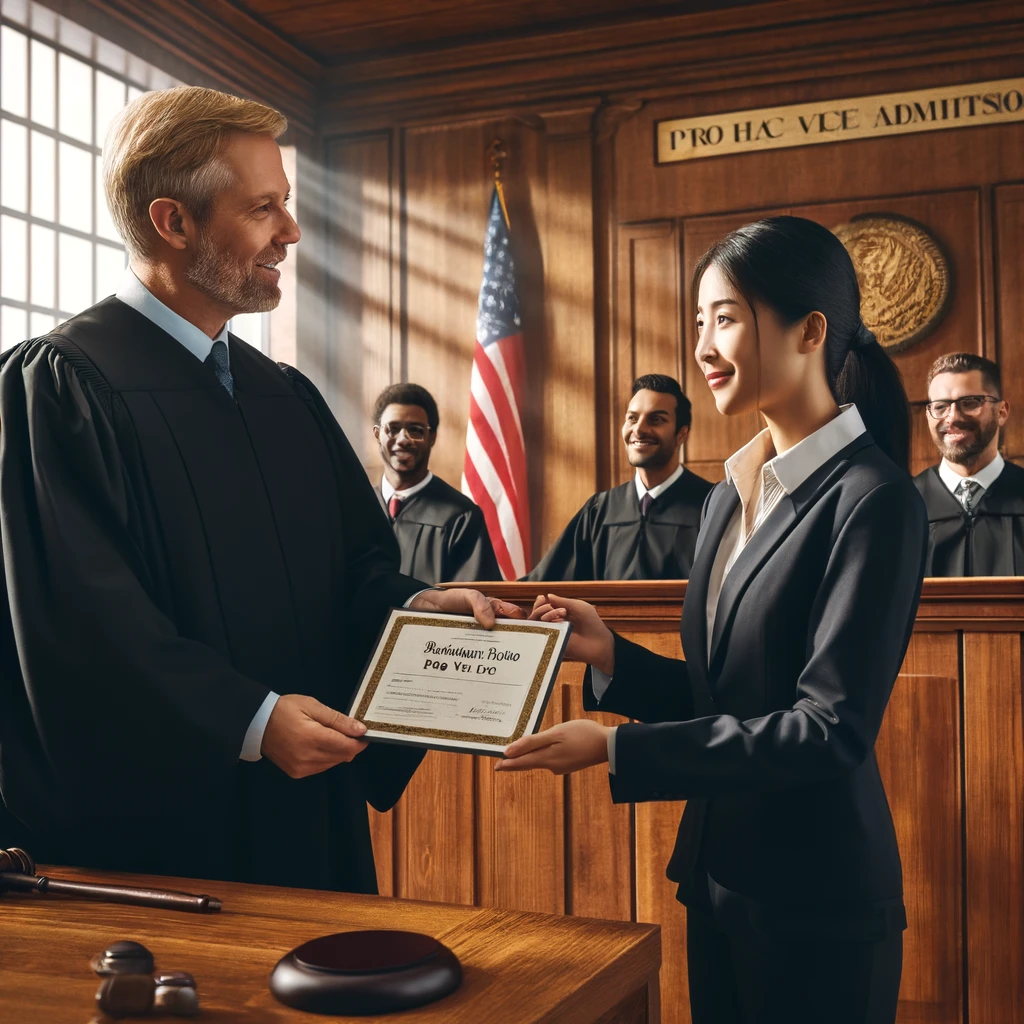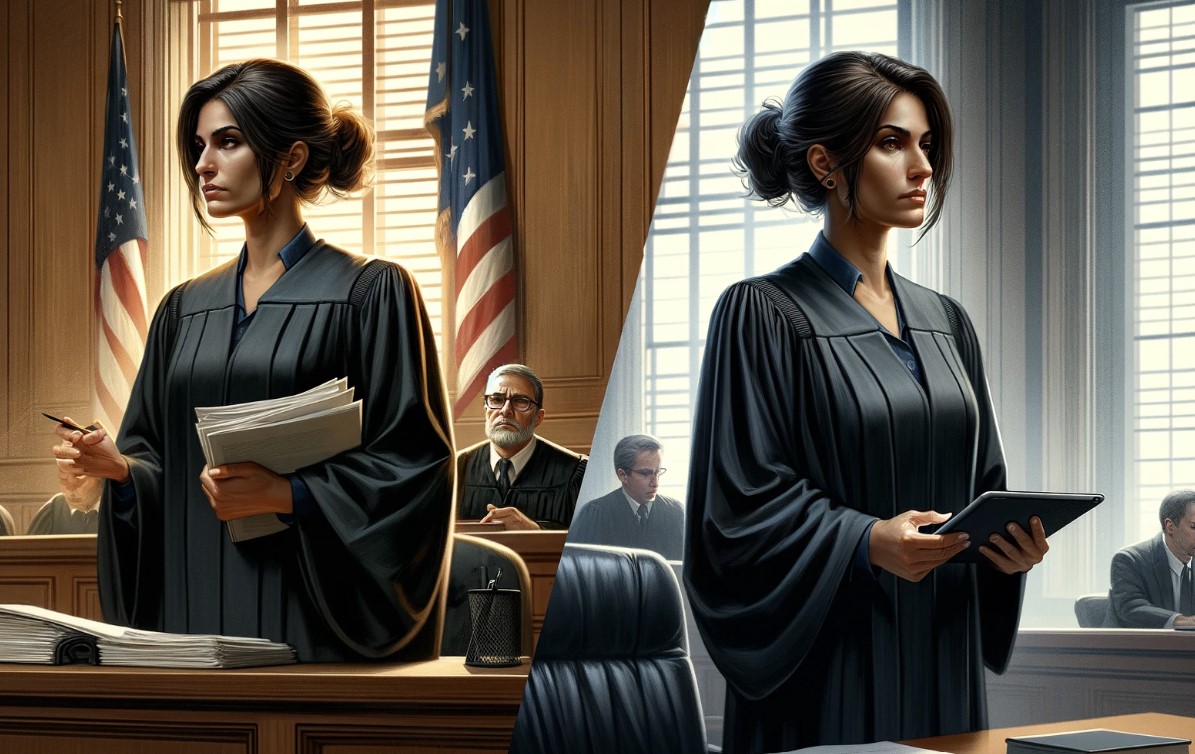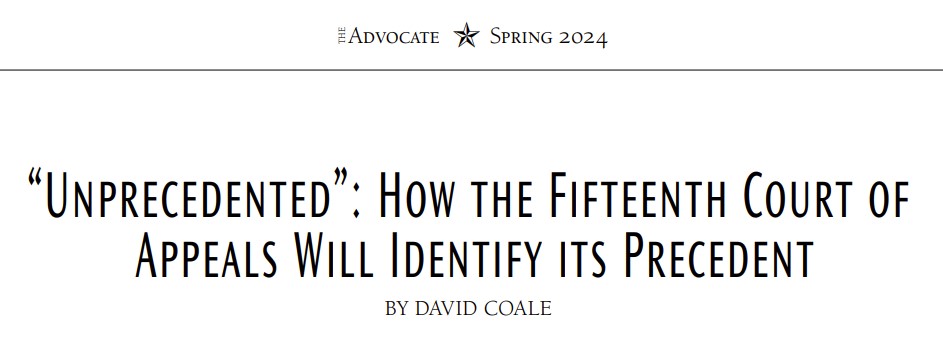 The supreme court granted mandamus relief with respect to the denial of a pro hac vice motion in In re AutoZoners, LLC. Among other matters that didn’t support the trial court’s ruling, the Court noted:
The supreme court granted mandamus relief with respect to the denial of a pro hac vice motion in In re AutoZoners, LLC. Among other matters that didn’t support the trial court’s ruling, the Court noted:
Listing out-of-state attorneys whose pro hac vice motions have not yet been granted on a signature block below the name and signature of a Texas attorney is not a problematic practice and provides no grounds for denying a pending or subsequent pro hac vice motion.
The Court further held: “Kern’s participation in one or two Texas cases in the last two years—and five cases in fifteen years—is not ‘appearing in courts in Texas on a frequent basis” as contemplated by [Tex.R. Govern. Bar Adm’n] 19. Facilitating this kind of rare, occasional participation in Texas cases by an out-of-state attorney is precisely why we allow pro hac vice admission in Texas courts. No. 22-0719 (Tex. April 26, 2024).





